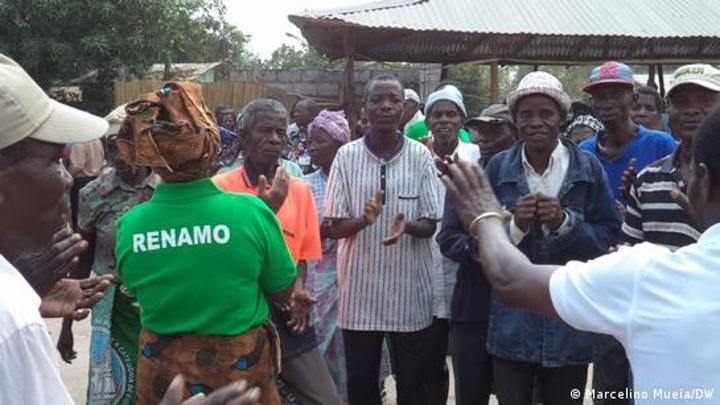Africa-Press – Mozambique. When the disarmament, demobilisation and social reintegration (DDR) of Renamo guerrillas began in central Mozambique last year, some of those demobilised decided to return to their families in Zambézia province.
The government offered them land in the city of Mocuba, in the north of the province, to build houses. But the houses remained unbuilt, because the demobilised soldiers were forced to sell the construction material they were given to buy food and clothing.
This scenario was confirmed to DW Africa by the head of the social affairs department for Renamo demobilised soldiers in Zambézia, Maria Rita Abílio. “This is happening because of the delay in securing pensions,” Abílio said.
Maria Rita Abílio, head of the social affairs department for demobilised soldiers in Zambézia [Photo: Marcelino Mueia/DW]No money to survive
In the first 18 months of demobilisation, those concerned received financial assistance every three months. But after 18 months, the promised pension did not materialise.
“Imagine a person who was demobilised in 2020. How many years have passed? How are they surviving?” Abílio asks.
One of the demobilised soldiers, who declined to be identified for fear of reprisals, told DW Africa that his survival depended on family support. “We cannot survive” otherwise, he reports.
Violation of the DDR
For political analyst Lourindo Verde, the failure in the distribution of subsidies is serious, and violates the DDR commitments assumed by the leaders of the government and Renamo.
Reintegration means “that the former guerrillas have the minimum conditions to start life again,” Verde told DW Africa.
In October, over 500 Renamo soldiers from the Morrumbala and Mocuba bases in Zambézia province were demobilised in the village of Murrothone, in Mugeba administrative post.
The majority of demobilised soldiers do not have their own homes and live with their families or in accommodation provided by acquaintances.
For More News And Analysis About Mozambique Follow Africa-Press






